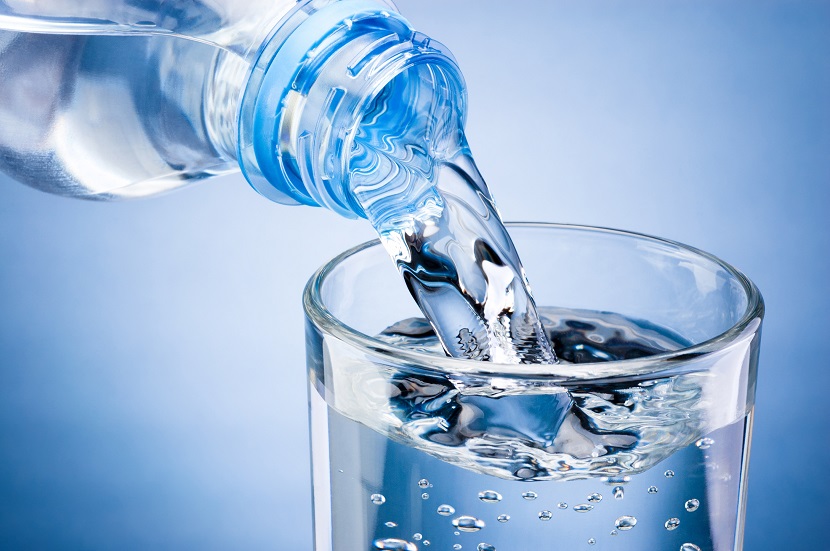
With summer comes the usual health advice to drink a lot of water to stay hydrated.
Although it seems a cliché that we repeatedly hear every year, it is a wise recommendation: water is indeed a precious good, essential for life and to stay healthy not only in summer but all year round.
It is the main constituent of all living organisms and it is necessary to the normal course of all the natural physiological processes and for all the functions of the human body:
- it intervenes in the absorption and secretion of many substances;
- it works as “lubricant”;
- it has transportation functions;
- it serves as a shock absorber for articulations;
- it keeps skin, mucosa, and tissues elastic and compact;
- it guarantees the right consistency of the intestinal content;
- it makes gas exchanges possible;
- it is essential in the thermoregulation process (perspiration);
- it is essential in maintaining optimal pH levels (balance between acid and basic substances) in the different areas of our organism;
and many others.
Nevertheless, for water too, there are many misconceptions and fake news in the information channels that the CREA (Centro di ricerca alimenti e nutrizione, Center for the research on food and nutrition) tried to unmask with its Guidelines for healthy eating.
Hereafter the most common ones:
it is not true that water must be drunk in between meals.
When you drink too much water during a meal, at most, the digestion times get a little longer, due to a dilution of the gastric juices.
Conversely, the consumption of the right amount of water during meals (which corresponds about to 600-700 ml) is useful to improve the consistency and the dilution of eaten food, favouring therefore the digestion and the absorption.
It is not true that water is fattening.
Water has no calories, weight variations you register after the consumption or expulsion of water are just misleading and momentary.
It is not true that drinking a lot of water causes more water retention.
Water retention, when it is not caused by specific pathologies, depends on salt or other substances contained in food, not on the water we drink.
It is not true that to keep your figure you must prefer low mineralized waters to more mineralized waters.
The salt contained in water and water itself favour instead the elimination of salts in excess in our body.
It is not true that the calcium present in water is not absorbed by our body.
The ability of our intestine to absorb calcium contained in the water works similarly to the absorption of calcium contained in milk and dairy products.
It is not true that the calcium present in water favours the formation of kidney stones.
The people predisposed to this type of kidney stones must drink plenty of water repeatedly during the day, without fearing that the calcium contained in water could favour the formation of kidney stones: actually, calcium-rich mineral water can constitute a protective factor in those cases.
It is not true that sparkling water is bad for health.
The carbon dioxide contained in naturally sparkling water and in artificially carbonated one improves the shelf-life of the product.
When the gas quantity is too high, some people can present some mild symptoms due to persistent stomach and/or intestinal upsets or to the temporary increase of pressure at the level of the gastrointestinal apparatus.
It is not true that drinking cold water is bad for health.
On the contrary, when it is hot outside, it is pleasant; the important thing is to drink it slowly, to avoid congestions.
It is not true that drinking one or two glass of warm water on an empty stomach purify the organism.
They do no harm and can be included in the water balance of our body, but there is no solid scientific evidence that supports the depurative effect of this practice.
It is not true that low sodium waters are useful for those suffering from hypertension.
The sodium contained in water is so low that its consumption is nearly irrelevant for health.
It is not true that we lose water only when the temperature is high.
When it is very cold the air that we inhale is particularly dry, but we still exhale wet air, so we lose water through breathing.
Bibliography:
www.crea.gov.it/web/alimenti-e-nutrizione/-/linee-guida-per-una-sana-alimentazione-2018